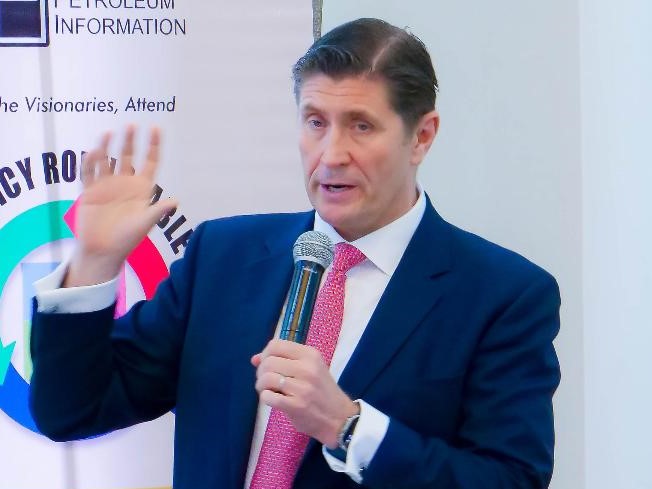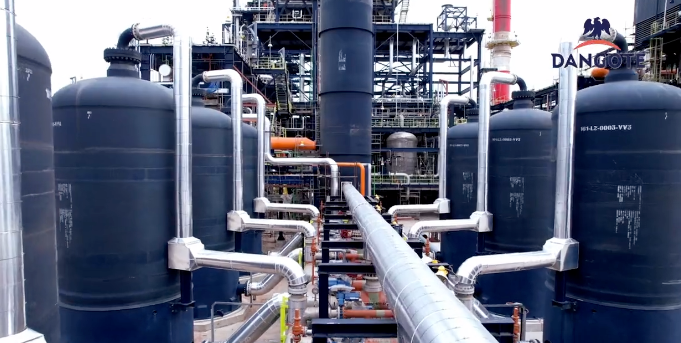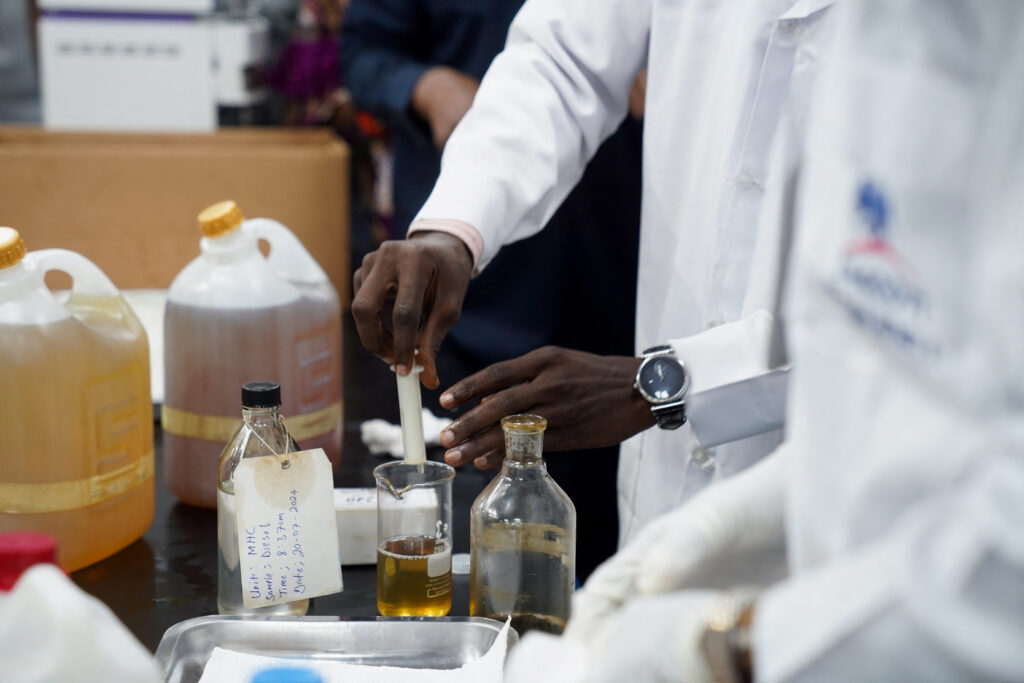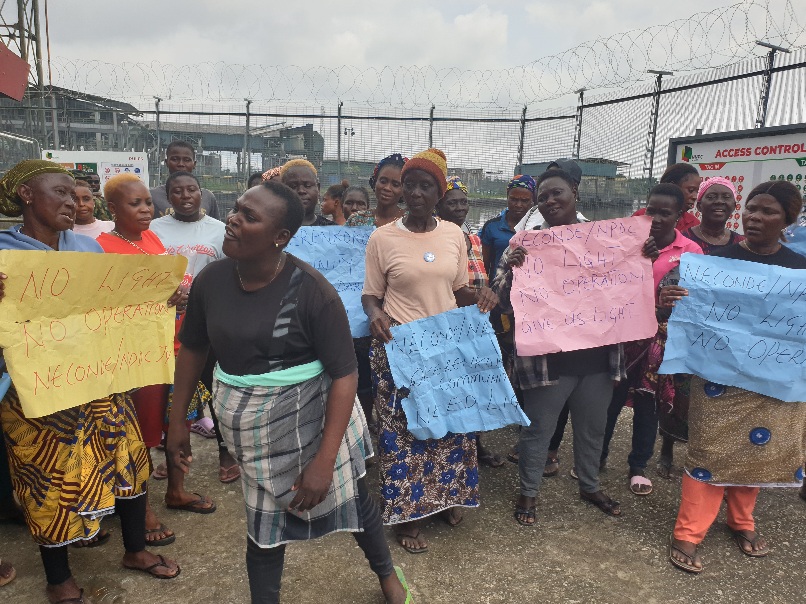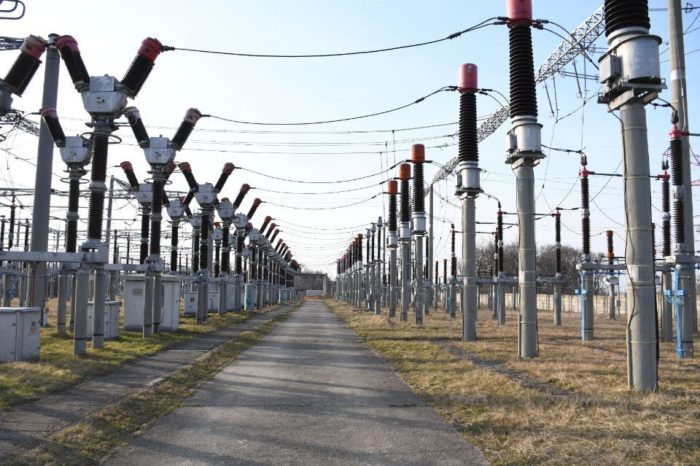Nigeria Oil & Gas: Industry leaders seek capacities to drive gas transition

Oredola Adeola
What is urgently needed in the oil and gas industry if it is to make a smooth gas transition is the development of financial, technical and human capacities. This was the consensus of opinions of industry experts and stakeholders on Monday at the in-person and virtual ‘Nigeria Oil and Gas Outlook 2021’ held at the Civic Centre, Victoria Island, Lagos.
They also expressed optimism in the Petroleum Industry Act (PIA) recently accented to by President Muhammadu Buhari. They urged the implementation committee headed by Minister of State for Petroleum, Timipre Sylva, to avoid being distracted by political partisanship and other Nigerian factors which could take away the expected gains of the Act.
In his keynote address, Dr. Nasir Sani-Gwarzom, Permanent Secretary, Ministry of Petroleum Resources, while speaking on the theme: “Achieving Energy Security; the Engine for Secured Economic Growth”, disclosed that the PIA provides opportunity for purposeful investments in the development of oil and gas resources by providing clear and simple fiscal terms that would guarantee reasonable investors’ margin.
“One central theme that runs through the Nigeria Oil and Gas Sector today is the importance of the implementation of the PIA on public finances, oil and gas production, fiscal regime for international oil companies, transparency in the petroleum sector and indeed the entire sections of the proposed law,” he said.

According to him, effective implementation is at the heart of this act and remains the route through which value will be unlocked into the Nigerian economy.
He said, “The PIA aims to incentivize optimality and cost-efficiency and cost-effectiveness in oil production. Different levers such as the cost-price ratio, the replacement of the investment tax allowances and investment tax credits (which encourage gold plating) with production allowances which reward incremental production, have been instituted.
“These measures are in addition to industry-wide initiatives already rolled out by Government which focus on cost reduction and enablers in this regard,” the Permanent Secretary noted.
He however expressed confidence that Nigeria is on course in its alignment with the global quest to transit to cleaner energy for a sustainable future.
He said, “Hence, in addition to producing liquid hydrocarbons, we are using our abundant gas resources as a fuel bridge between the fossil of today and the renewable energy of tomorrow. Thus, our National declaration of 2021 – 2030 as “Decade of Gas” after the successful launching of National Gas Expansion Programme (NGEP) in 2020, is apt.”
On his part , Ed Ubong, Managing Director, Shell Nigeria Gas who is also President, Nigeria Gas Association, in his own address on the theme : “Strengthening Nigeria’s Gas Market; The Drivers, Opportunities & Challenges”, disclosed that the Nigerian Government was committed to gas transitioning, adding that the time was right to build the human capacity needed to support the gas industry.
He stated that gas development in Nigeria has a number of positives, adding that the domestic gas consumption has more than doubled, over the last 30 years.
The Shell MD also called on indigenous investors to play a lead role in building industry capacity and help in retooling professionals from an oil-based economy to a gas-based economy.

Engr. Patricia Ochugbu, President, National Association of Petroleum Explorationist (NAPE), in her own address on the topic: “Post-PIB Opportunities – Straightening the role of Local Content”, said the country can ride on the Nigerian Content Development and Monitoring Board’s (NCDMB) attainment of the Nigerian Content 10-Year roadmap, to optimise the gain of the petroleum governance act.
According to her, local participation would enable the nation to start reaping the full benefits of its oil and gas resources.
She said, “The PIA is a game changer. We have waited for 20 years and have not really attracted the right quantum of foreign direct investments for the oil and gas industry.
“There is need for the PIA implementation committee to institutionalize a rapid response, to probably shorten the timeline of the implementation process. They also need to ensure that their work is not stifled by political considerations.
“We have made a significant milestone in the gas industry with the declaration of 2020 as a ‘Decade of Gas’. It has helped us to remove the uncertainties and allowed investors to make informed business choices. The opportunities abound now, instilling confidence on investors .
“Our problem has never been the absence of right legislation but having the will to do the right implementation. So, all stakeholders must be committed to be involved in the implementation process, in order to unlock the gains.

“Nigerians have benefited from the vision of the local content, through the expansion in upstream, mid-stream and downstream sector of the industry.
“There is therefore a need to increase the oil and gas reserve, to create jobs for locals through aggressive exploration, and that is where the expertise of NAPE is needed.
“Indigenous investors need training before they can be exposed to the challenges that gas exploration presents. One of the factors that has impacted the local content scheme is infrastructure. There is need for us to restore the iron and steel industry. We also need to improve of electricity supply, establish more foundries and machine tooling industries to reduce capital flight and stimulate Gross Domestic Product (GDP) growth,” said.
She also called for the full deregulation of the downstream and midstream sectors, to increase indigenous participations. She noted that the problem of Nigeria is not lack of gas but the fact that there are no off-takers.
The NAPE President therefore called for the full deregulation of the gas sector. She also asked for the reduction in the contracting cycles on projects. She further called for the establishment of Energy Bank and special purpose-driven institutions to empower indigenous players.

The panel sessions were coordinated by Energy Analyst, Osato Guobadia, CEO of Enej Insights, which focused on critical topics that featured participants, including Engr. Justice Derefaka, Technical Adviser, Gas Business & Policy Implementation to the Minster of State for Petroleum Resources; Jide Pratt , Country Manager (Nigeria), TradeGrid LLC; Sumeet Singh, Director Sales & Strategy, Powergas Africa Group; Mohammed Mijindadi, President GE Nigeria; Olawunmi Olatunji, CEO, Brokeville Investment; Yemisi Awonuga and Desmond Ogba, Partners at Templars; Dr. Ayodele Oni, Partner, Bloomfield Law Practice; Rasheed Olaoluwa, representing Bolaji Osunsanya, CEO, Axxela Group; to mention but a few.

